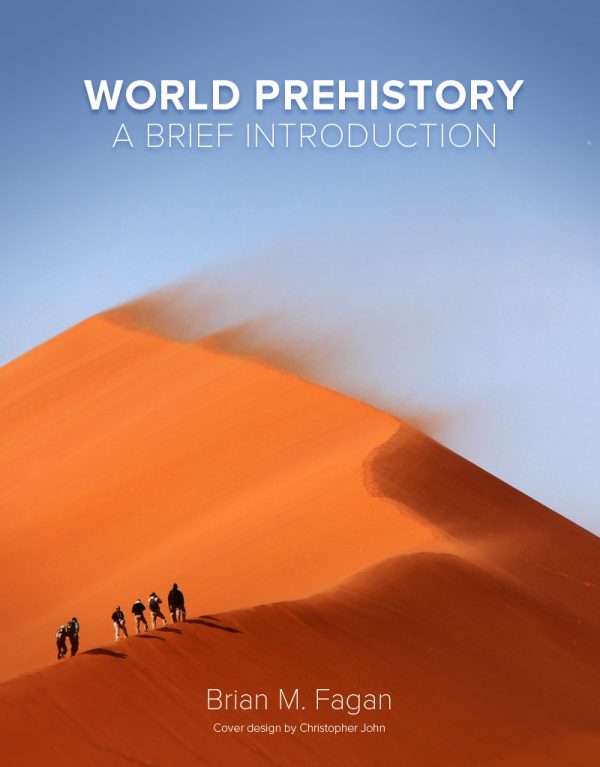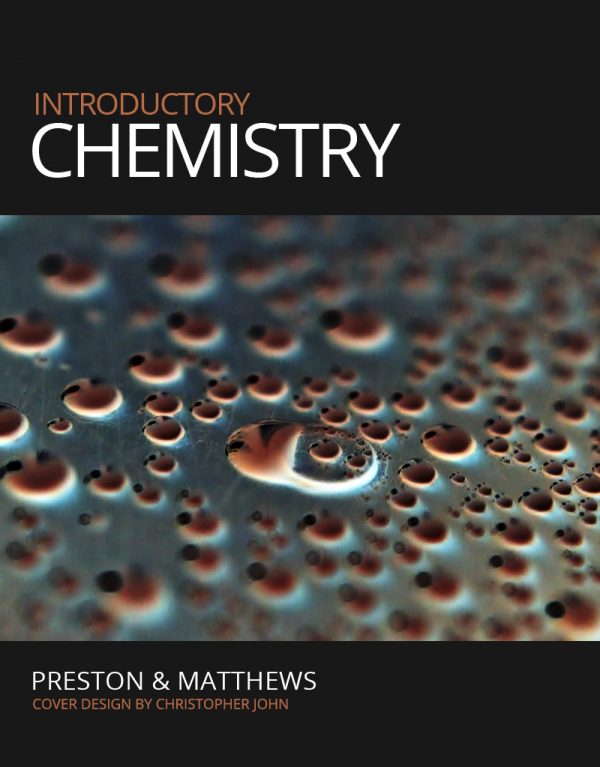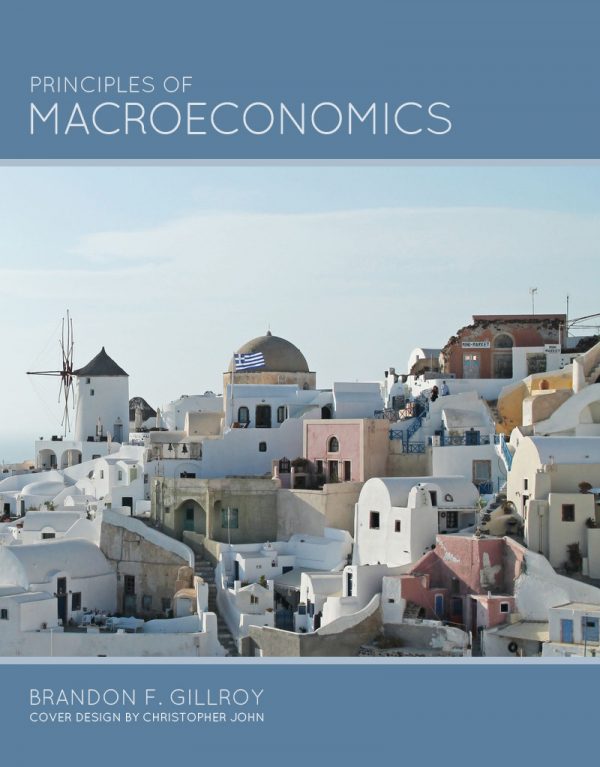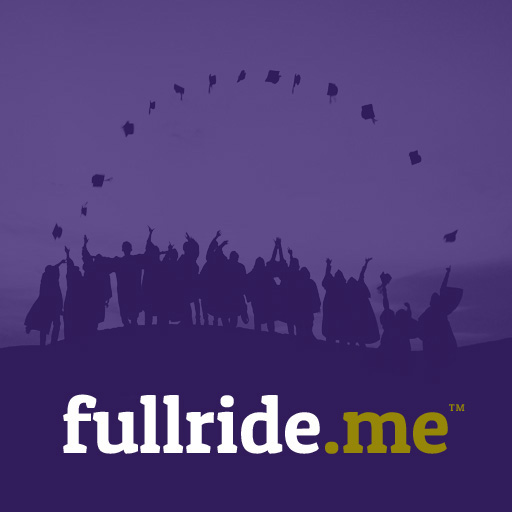Lorem ipsum dolor sit amet, consectetur adipiscing elit. Morbi at molestie mauris, nec commodo metus. Mauris efficitur elit vel cursus consequat. Aenean ut sapien dapibus odio aliquam ornare. Phasellus fringilla commodo finibus. Phasellus molestie eleifend…
Business Calculus
This 5 credit course provides an interdisciplinary introduction to the core concepts of calculus with a primary focus on applications from disciplines of economics and the social sciences. The content is applications in differential, integral and multivariable calculus with an introduction to The Fundamental Theorem of Calculus. Learners will continue to refine their independent study skills, cooperative problem solving, logically correct and mathematically precise writing and thinking, and their ability to use geometric, symbolic and analytic formats in presenting solutions to both abstract and real world applications.
Introduction to Algebra
This course reviews arithmetic skills and introduces algebraic notation, rules and concepts. Students explore linear relationships, with an emphasis on graphing and modeling data. Simplifying expressions and solving basic equations are also discussed. Learning to study math successfully, gaining confidence in approach and accuracy, and using a variety of ways of thinking about a single situation are outcomes for learners who take this course. Applications to real life are emphasized.
English Composition II
Students learn how to develop a research process that includes creating topics and questions, searching for and evaluating a variety of sources, and synthesizing and incorporating those sources to compose original texts.
English Composition I
This course helps students learn how to make judgments and decisions about their own and others’ communication, especially in college writing. They will practice various modes of reading, developing strategies for interpreting, responding to, and making use of a wide array of texts in their own writing. They will develop and document a personalized process to compose texts that demonstrate an understanding of purpose and audience, are thoughtfully organized, achieve appropriate levels of correctness, and are crafted with specified purposes for identified audiences. This class is organized around a theme chosen by the instructor.
World Prehistory: A Brief Introduction
Written by one of the leading archaeological writers in the world -― in a simple, jargon-free narrative style ―- this brief, well-illustrated account of the major developments in the human past makes world prehistory uniquely accessible to complete beginners.
Written by Brian Fagan, World Prehistory covers the entire world, not just the Americas or Europe, and places major emphasis on both theories and the latest archaeological and multidisciplinary approaches. His focus is on four major developments in world prehistory: 1) The origins of humanity. 2) The appearance and spread of modern humans before and during the late Ice Age- including the first settlement of the Americas. 3) The beginnings of food production. 4) The rise of the first civilizations.
World Prehistory
This survey course introduces students to the origins of human diversity by tracing the origins of humanity and material culture from its ancient beginnings to the first literate societies. Through readings, videos, the Internet, and other materials, students will journey to Africa, Mesopotamia, Asia, India, Europe and the Americas as they learn about human adaptations to both the natural and cultural environments. This course may involve a service learning project.
Introductory Chemistry
With an expanded focus on critical thinking and problem solving, the new edition of Introductory Chemistry: Concepts and Critical Thinking prepares readers for success in introductory chemistry. Unlike other introductory chemistry texts, all materials –the textbook, student solutions manual, laboratory manual, instructor’s manual and test item file – are written by the author and tightly integrated to work together most effectively. Math and problem solving are covered early in the text; Corwin builds reader confidence and ability through innovative pedagogy and technology formulated to meet the needs of today’s learners.
College Physics
While physics can seem challenging, its true quality is the sheer simplicity of fundamental physical theories–theories and concepts that can enrich your view of the world around you. COLLEGE PHYSICS, Tenth Edition, provides a clear strategy for connecting those theories to a consistent problem-solving approach, carefully reinforcing this methodology throughout the text and connecting it to real-world examples.
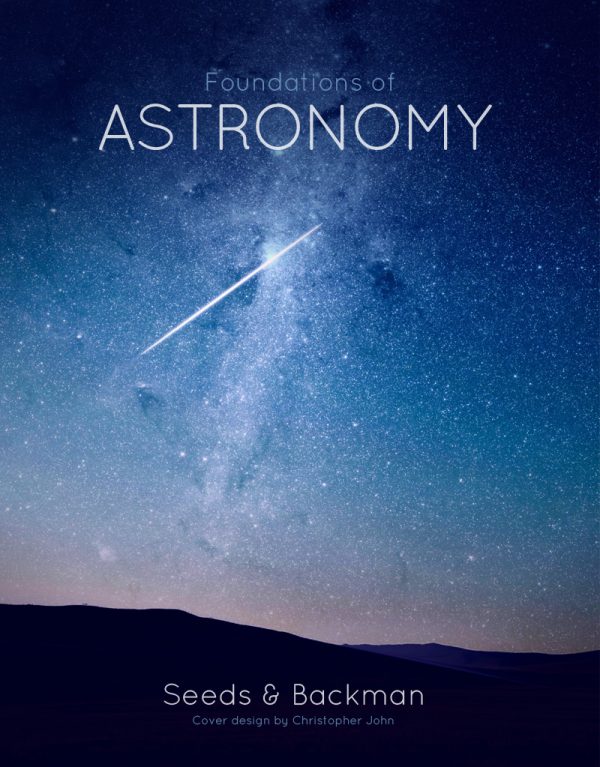
Foundations of Astronomy
This newly revised and updated Sixth Edition of FOUNDATIONS OF ASTRONOMY shows students their place in the universe — not just their location, but also their role as planet dwellers in an evolving universe. Fascinating and engaging, the book illustrates how science works, and how scientists depend on evidence to test hypotheses.
Microbiology: An Introduction
This #1 selling non-majors microbiology textbook is praised for its straightforward presentation of complex topics, careful balance of concepts and applications, and proven art that teaches. In its Eleventh Edition, Tortora, Funke, and Case’s Microbiology: An Introduction helps you make the connection between microbiology and human health.
This edition continues to incorporate the latest in microbiology research and includes more features designed to engage you and promote critical thinking.
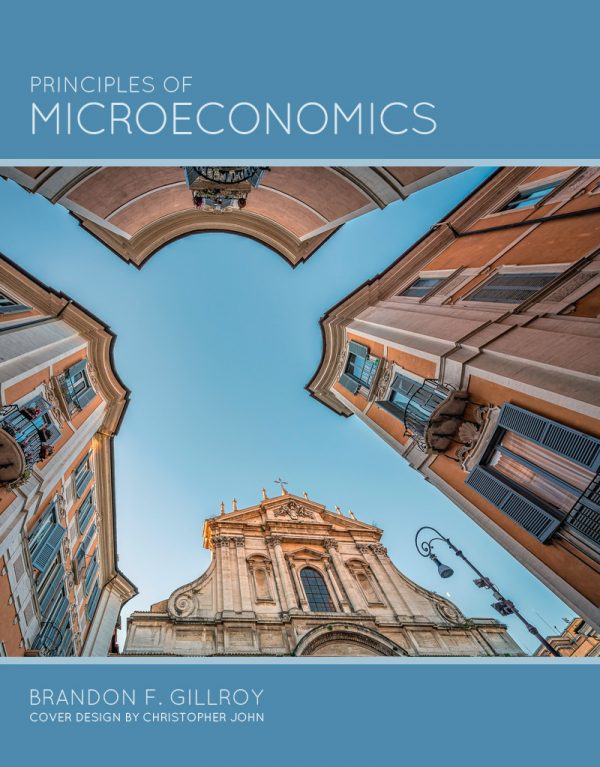
Principles of Microeconomics
PRINCIPLES OF MICROECONOMICS, Seventh Edition, continues to be the most popular and widely-used text in the economics classroom. A text by a superb writer and economist that stresses the most important concepts without overwhelming students with an excess of detail. A thorough update has been made to keep all chapters fresh and relevant with current Economic coverage. MindTap, the cutting edge online environment is available with new enhancements that include Graph Builder and Adaptive Test Prep that allow students extra preparation in graph drawing and test review. The seventh edition premier ancillary package is the most extensive in the industry, using a team of instructors/preparers that have been with the project since the first edition.
Principles of Macroeconomics
PRINCIPLES OF MACROECONOMICS, Seventh Edition, continues to be the most popular and widely-used text in the economics classroom. A text by a superb writer and economist that stresses the most important concepts without overwhelming students with an excess of detail. A thorough update has been made to keep all chapters fresh and relevant with current Economic coverage. MindTap, the cutting edge online environment is available with new enhancements that include Graph Builder and Adaptive Test Prep that allow students extra preparation in graph drawing and test review. The seventh edition premier ancillary package is the most extensive in the industry, using a team of instructors/preparers that have been with the project since the first edition.
Nutrition
Six of the ten leading causes of death in America are diet-related. In this course students will learn the macronutrients (carbohydrates, fats, proteins) and micronutrients (vitamins, minerals and phytochemicals) that promote optimum health. Students will examine digestion and metabolism of food; energy balance and weight control; use of exercise as related to energy balance; how current culture influences food choices and health; and risks of obesity, diabetes, and other nutrition related, prevalent diseases. Students will design an individual, healthy diet, discuss the role of government in the education of people, use the scientific method to analyze dietary claims; and learn basic food safety and bio-engineering. Designed for students with little or no biology or chemistry background.
Business Calculus
This 5 credit course provides an interdisciplinary introduction to the core concepts of calculus with a primary focus on applications from disciplines of economics and the social sciences. The content is applications in differential, integral and multivariable calculus with an introduction to The Fundamental Theorem of Calculus. Learners will continue to refine their independent study skills, cooperative problem solving, logically correct and mathematically precise writing and thinking, and their ability to use geometric, symbolic and analytic formats in presenting solutions to both abstract and real world applications.
Introduction to Algebra
This course reviews arithmetic skills and introduces algebraic notation, rules and concepts. Students explore linear relationships, with an emphasis on graphing and modeling data. Simplifying expressions and solving basic equations are also discussed. Learning to study math successfully, gaining confidence in approach and accuracy, and using a variety of ways of thinking about a single situation are outcomes for learners who take this course. Applications to real life are emphasized.
English Composition II
Students learn how to develop a research process that includes creating topics and questions, searching for and evaluating a variety of sources, and synthesizing and incorporating those sources to compose original texts.
English Composition I
This course helps students learn how to make judgments and decisions about their own and others’ communication, especially in college writing. They will practice various modes of reading, developing strategies for interpreting, responding to, and making use of a wide array of texts in their own writing. They will develop and document a personalized process to compose texts that demonstrate an understanding of purpose and audience, are thoughtfully organized, achieve appropriate levels of correctness, and are crafted with specified purposes for identified audiences. This class is organized around a theme chosen by the instructor.
World Prehistory
This survey course introduces students to the origins of human diversity by tracing the origins of humanity and material culture from its ancient beginnings to the first literate societies. Through readings, videos, the Internet, and other materials, students will journey to Africa, Mesopotamia, Asia, India, Europe and the Americas as they learn about human adaptations to both the natural and cultural environments. This course may involve a service learning project.
Funding for Astronomy 101 is completed!
Lorem ipsum dolor sit amet, consectetur adipiscing elit. Morbi at molestie mauris, nec commodo metus. Mauris efficitur elit vel cursus consequat. Aenean ut sapien dapibus odio aliquam ornare. Phasellus fringilla commodo finibus. Phasellus molestie eleifend…
4.0 GPA! Time for a Break
Lorem ipsum dolor sit amet, consectetur adipiscing elit. Morbi at molestie mauris, nec commodo metus. Mauris efficitur elit vel cursus consequat. Aenean ut sapien dapibus odio aliquam ornare. Phasellus fringilla commodo finibus. Phasellus molestie eleifend…
Funding has begun!
Lorem ipsum dolor sit amet, consectetur adipiscing elit. Morbi at molestie mauris, nec commodo metus. Mauris efficitur elit vel cursus consequat. Aenean ut sapien dapibus odio aliquam ornare. Phasellus fringilla commodo finibus. Phasellus molestie eleifend…
Quick Update From the Lift
Just wanted to post a quick update while I’m waiting to hit the slopes! Winter break is just about over and I’m really looking forward to getting back to class. I’m also very encouraged and…
Hello world!
Lorem ipsum dolor sit amet, consectetur adipiscing elit. Morbi at molestie mauris, nec commodo metus. Mauris efficitur elit vel cursus consequat. Aenean ut sapien dapibus odio aliquam ornare. Phasellus fringilla commodo finibus. Phasellus molestie eleifend…

